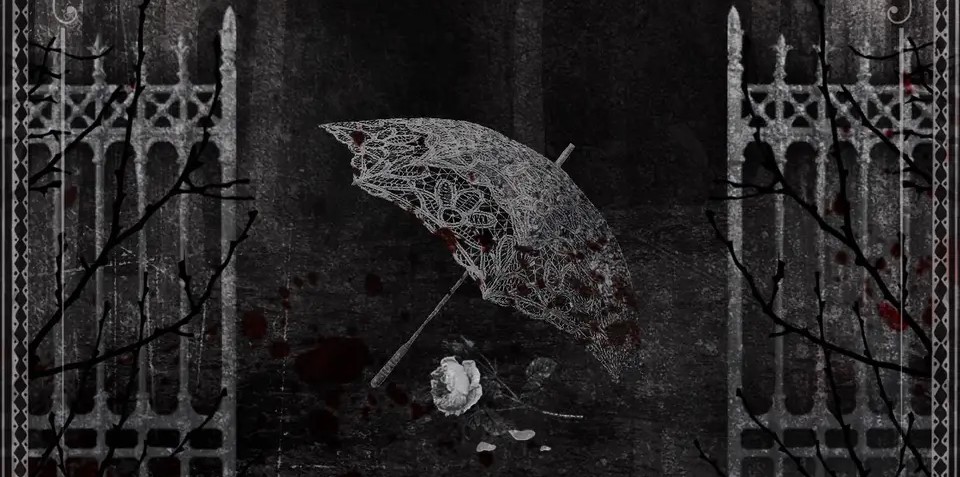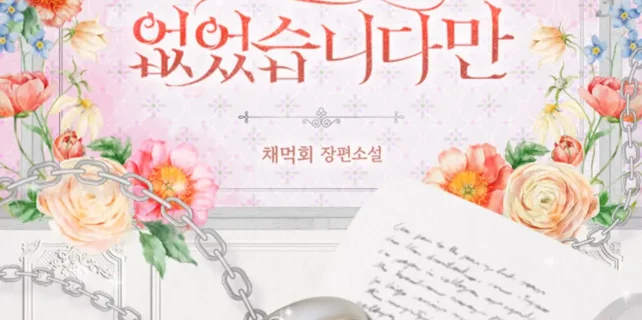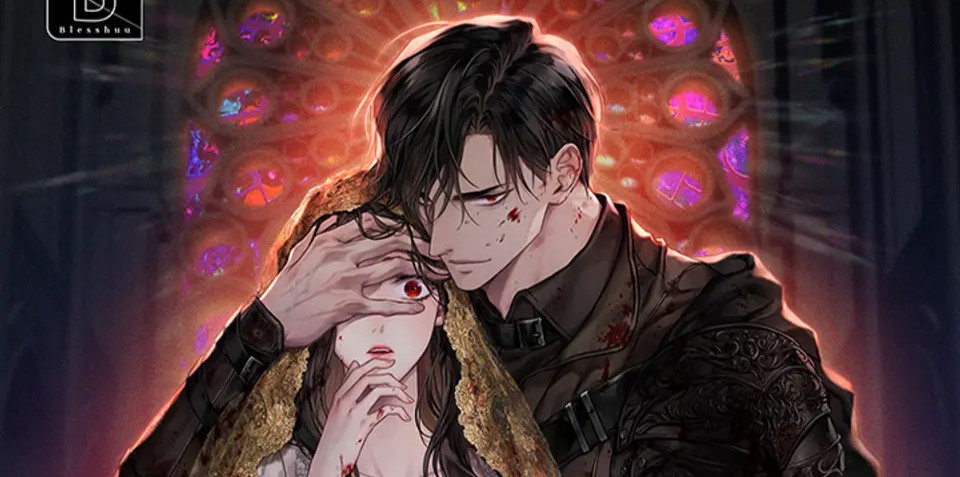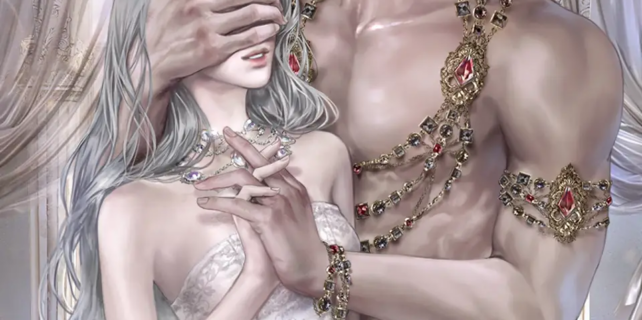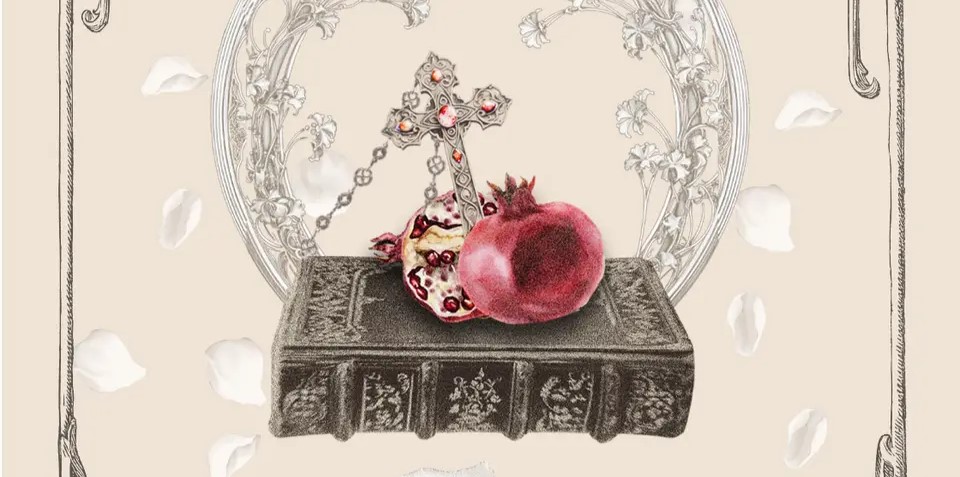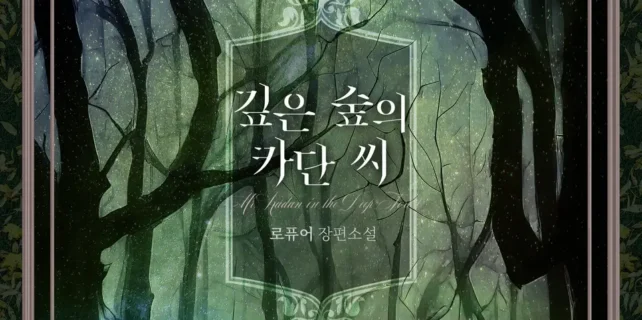The Dialectic of Master and Slave - Chapter 6
The small solid, two finger-joints in size, completed by mixing lye water obtained from burning fruit peels, juice from crushed fruits, and unnamed fragrant herbs, couldn’t be called good quality even as a courtesy. Compared to the time and effort invested, it was disturbing and even futile. Still, Jaha believed this would protect her from germs.
“Were you originally a slave? Or did you become one?”
It was around this time that the librarian showed interest in Jaha.
The small and quiet library, with no visitors, was managed by a single librarian acting as administrator without even a director. That librarian, perhaps bored, had approached to talk.
When Jaha gave the same answer she once gave to Baron Palga, the librarian made a sympathetic expression, then said that since there wasn’t much work to do here except for cleaning, she would turn a blind eye to reading books during spare time. It was a gesture of goodwill, as this was not principally allowed for slaves.
After that, Jaha sat on the floor reading books every day. The librarian watched this for a few days, then provided a cushion.
“I read in a book that it’s not good for women when their lower abdomen gets cold.”
“Thank you, Lady Ranya.”
Though not extraordinary, it was clearly better treatment compared to other slaves. After learning that Jaha wasn’t originally a slave, it seemed sympathy had developed.
Perhaps judging that Jaha was relatively on her level, Ranya would occasionally share various complaints.
“My parents seem to hope that I’ll catch His Majesty’s eye. But there’s no chance of His Majesty coming to this palace without even a consort, and since His Majesty has a separate dedicated library, there’s even less chance of him visiting here.”
This was closer to revealing one’s inner thoughts freely to a pet or doll rather than considering Jaha an equal conversation partner. It meant she wasn’t expecting any response or solution from Jaha. Having learned sufficiently that a slave’s position in this world didn’t amount to much more than that, Jaha silently listened to Ranya’s stories.
Ranya, the second daughter of a humble noble family, loved reading books quietly and was quite realistic. Unlike her parents who hoped their child would catch the emperor’s eye and rise in status, she had no particular ambitions.
“You said you attended the academy, right? Then perhaps you know how to solve this?”
One day, Ranya held out a paper with a problem written on it. It was a not-too-difficult math problem. When Jaha provided the answer, Ranya persistently asked why such a conclusion was reached, and Jaha managed to succeed in explaining the solution as simply as possible until she understood.
“You really did attend the academy. How fascinating, even though you’re not a man.”
Ranya looked over Jaha with a fresh perspective.
While there were quite a few male nobles who graduated from the academy, the situation was different for female nobles. Usually, they only received home tutoring for elementary education, etiquette, and other lessons that aligned with this era’s ideal of womanhood. Ranya too was not an academy graduate.
Jaha gave an ambiguous smile. Though it was natural, the concept of gender equality did not exist in this world.
Historically, gender equality was discussed only after the abolition of the class system and the prohibition of racial discrimination.
Even in America, black male slaves gained voting rights before white common women. Specifically, the suffrage that black male slaves had in 1870 was only granted to white common women in 1920.
Gender equality always emerged last, after all other forms of discrimination were resolved. That was the pattern of human history.
In this world where democratic ideology hadn’t yet arrived, it was impossible for women to be given equal rights to men. As a result, women who received higher education were extremely rare.
For a daughter of a humble family, Ranya’s education level was quite high. It was more the power of self-study than family support. However, unable to learn mathematics on her own, she remained at the level of basic arithmetic, and although this was sufficient for daily life, the scholarly Ranya wanted more than that.
From that day on, Jaha unexpectedly became a teacher. Mostly, Ranya would struggle studying alone, and when she really couldn’t understand something, she would bring it to Jaha, who would answer within the extent of her knowledge.


